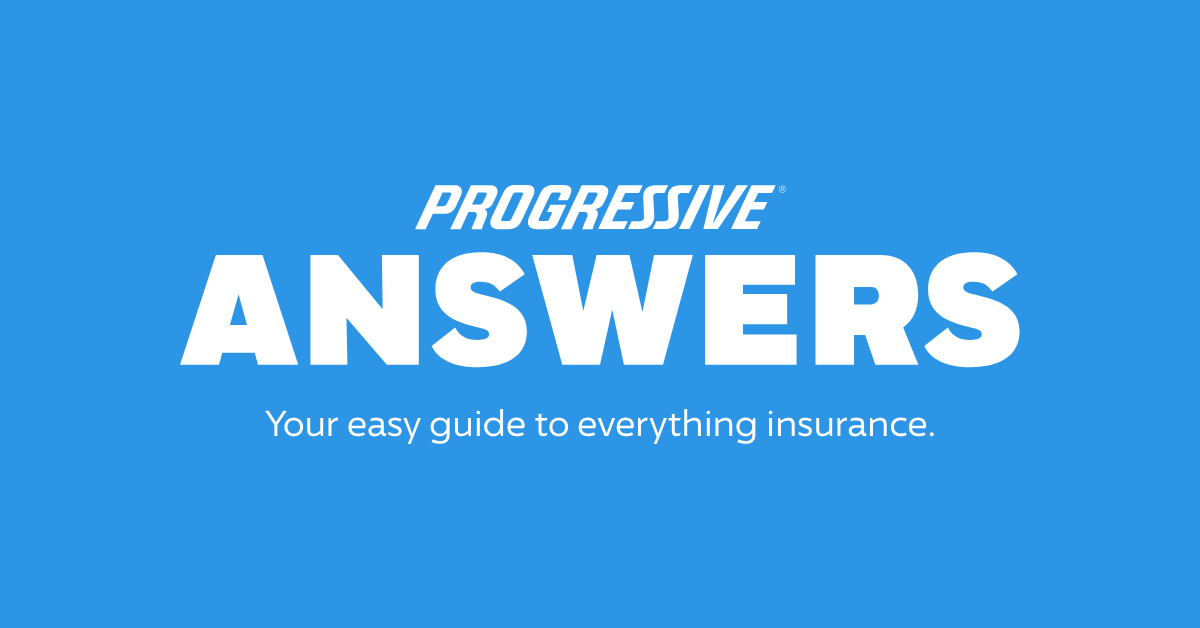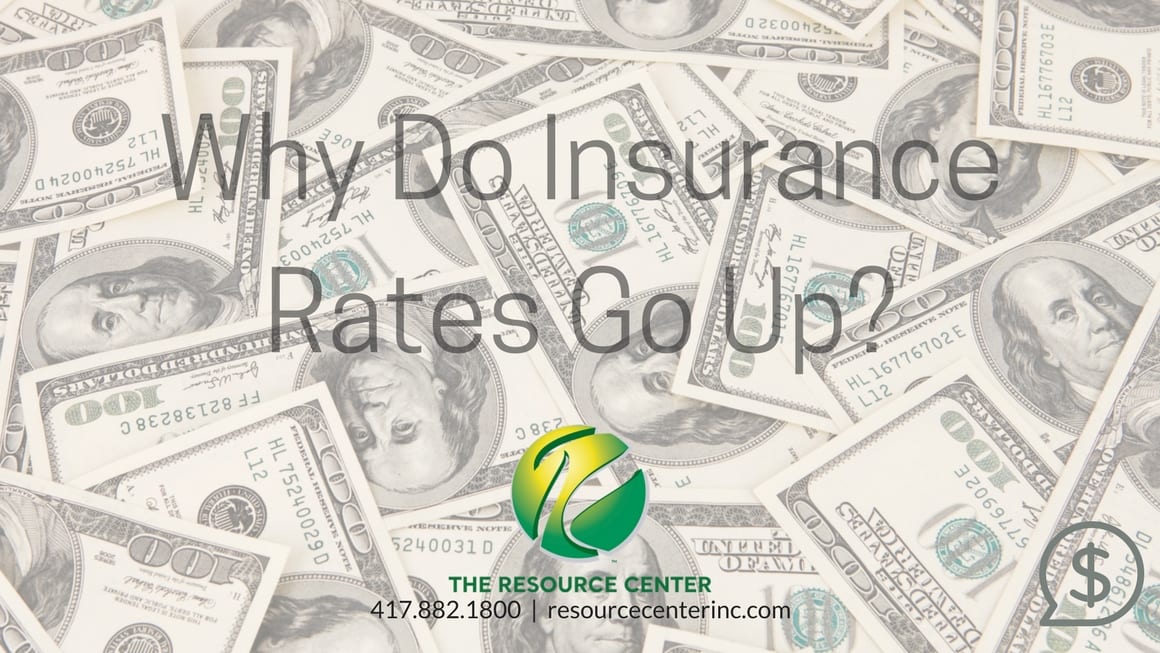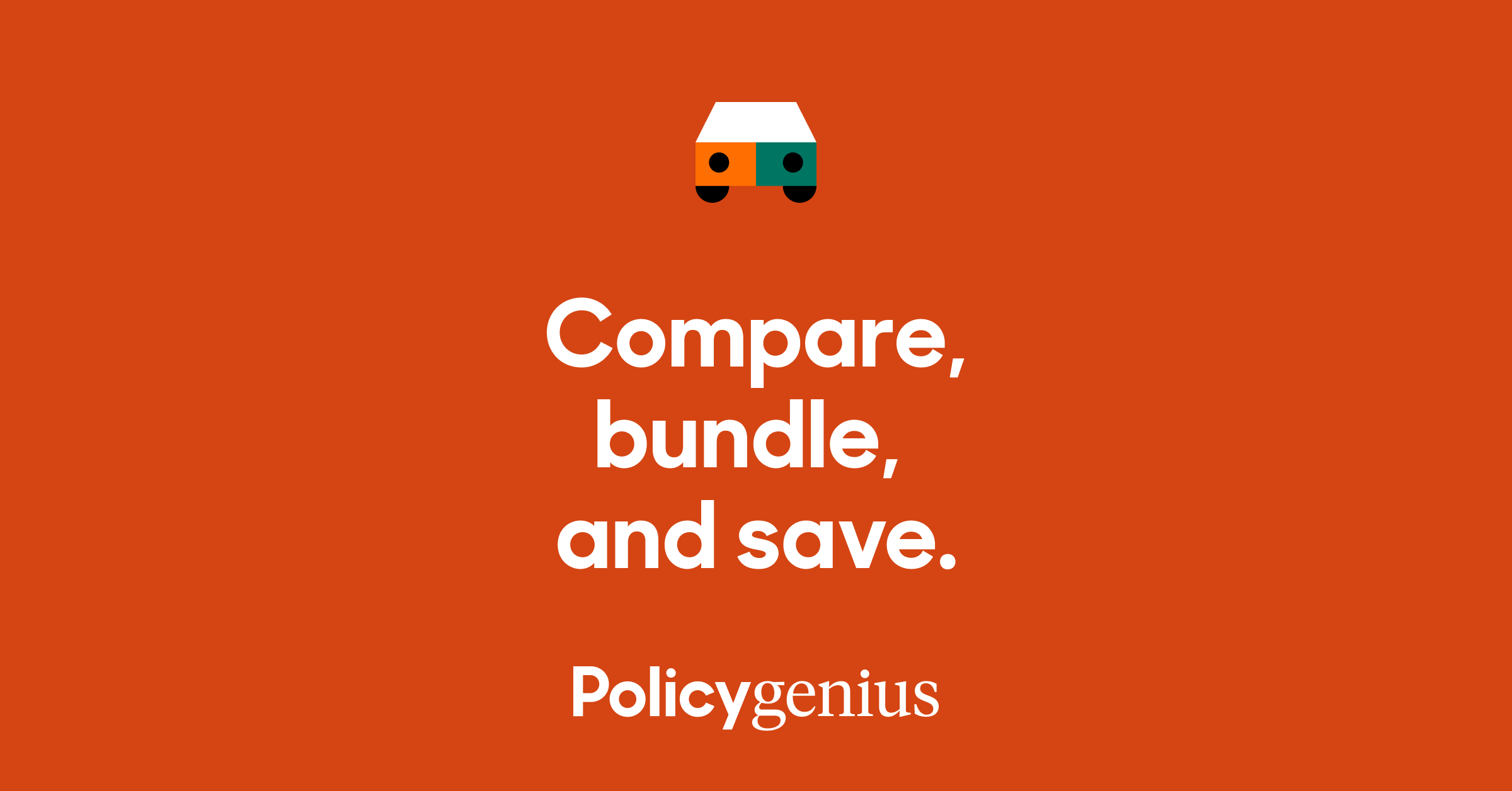You just opened your insurance renewal and found that the premium went up. Here's why it can happen.
Jean Folger has 15+ years of experience as a financial writer covering real estate, investing, active trading, the economy, and retirement planning. She is the co-founder of PowerZone Trading, a company that has provided programming, consulting, and strategy development services to active traders and investors since 2004.
Eric is a duly licensed Independent Insurance Broker licensed in Life, Health, Property, and Casualty insurance. He has worked more than 13 years in both public and private accounting jobs and more than four years licensed as an insurance producer. His background in tax accounting has served as a solid base supporting his current book of business.
If you have any type of insurance – whether it’s for your home, car or health – chances are you’ve received a renewal bill in the mail and asked yourself, “Why did my insurance premium go up?” While some premium increases can be attributed to across-the-board rate hikes, which happen when an insurer and state department of insurance agree on a new rate plan for that year, others have more to do with you specifically – caused by factors such as your driving record, medical history and credit score.
Actuaries use mathematics, financial theory and statistics to forecast the cost and probability of an event. In the insurance industry, actuaries spend a lot of time trying to predict how likely customers are to file a claim. The higher the probability, the more they can justify charging you higher insurance premiums. It’s the first of several reasons why your premiums might have risen.
As far as insurers are concerned, a history of claims increases the odds that you’ll make another one. Home insurers, for example, share information about claims from the last seven years through the Comprehensive Loss Underwriting Exchange (CLUE), which can boost your premiums even if you weren’t the homeowner who made the claims. Car insurance claims are also registered by CLUE, and your rates may increase if you’ve made a lot of claims – even if you weren’t at fault – because you pose a higher risk, statistically speaking.

:max_bytes(150000):strip_icc()/shutterstock_385843276.read_.bill_.cropped-5bfc3abbc9e77c00587b1049.jpg)






















